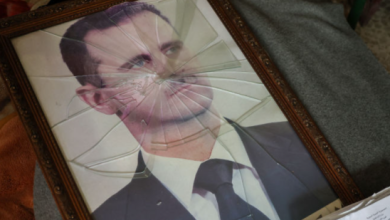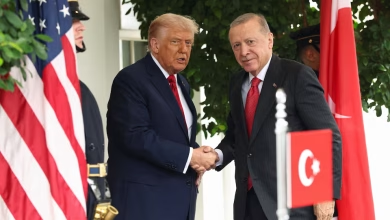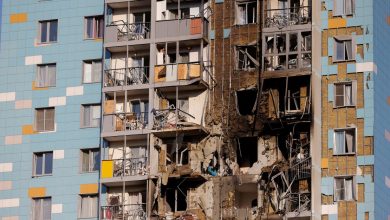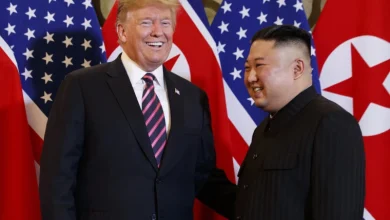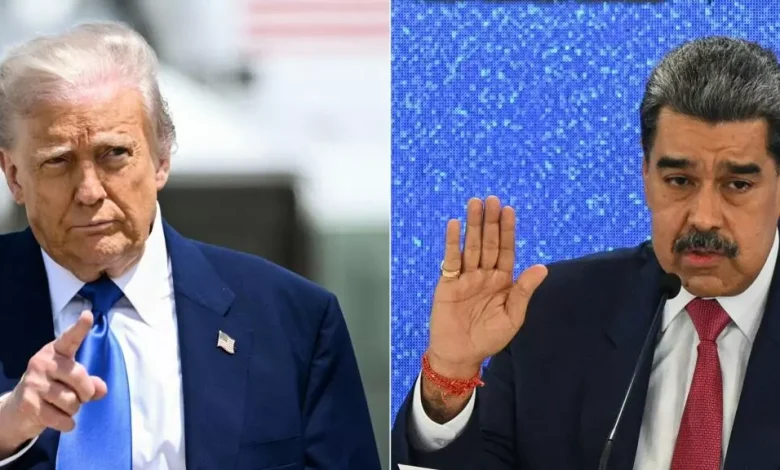
Venezuelan President Nicolas Maduro publicly pleaded against a “crazy war” on Thursday, as an escalating US military campaign drastically heightened regional tensions. Consequently, Maduro’s urgent comment followed US President Donald Trump’s confirmation that he had specifically authorized covert action against the South American nation, directly amidst a high-profile military campaign targeting alleged drug traffickers across the Caribbean and Pacific.
Maduro’s Plea for Peace
Speaking forcefully in English during a meeting with union members aligned with his leftist government, Maduro declared: “Yes peace, yes peace forever, peace forever. No crazy war, please!” The United States deployed both stealth warplanes and navy ships as part of these aggressive anti-narcotics efforts, however, they still have not released any definitive evidence proving that the eight targeted vessels, including a semi-submersible craft, were actually smuggling illegal drugs.
Responding to reporters on Thursday, President Trump vehemently denied sending B-1B bombers to Venezuela, though he insisted, “we’re not happy with them. They’ve emptied their prisons into our country.” Trump further stated the administration would not necessarily request a formal declaration of war from Congress, which constitutionally holds that power, explaining: “We’re just going to kill people who come into our country.”
The strikes commenced on 2 September, and United States figures confirm these aggressive military actions have already killed at least thirty-seven people. Consequently, these military operations dramatically heightened regional tensions, prompting Maduro to directly accuse Washington of overtly seeking an illegal change in his government’s regime.
Regional Flare-up and Covert Operations
Late Thursday, the government of Trinidad and Tobago, located immediately off Venezuela’s coast, announced that a United States warship would dock in the capital city between 26 and 30 October. The Trinidadian foreign ministry confirmed that a unit of US Marines would conduct joint military exercises with the nation’s defense forces; moreover, two people killed in the September strikes were citizens of Trinidad and Tobago.
Last week, Trump previously confirmed authorizing covert CIA action against the Venezuelan government, and he considered authorizing strikes against alleged drug cartels operating on land. The Republican billionaire president explicitly accuses Maduro of heading a massive drug cartel, an extremely serious criminal charge which the Venezuelan leader absolutely denies.
Legal Questions and Venezuelan Response
Venezuelan Defense Minister Vladimir Padrino said Thursday, “We know the CIA is present” in Venezuela, and he asserted that any attempt by “CIA-affiliated units in covert operations… and any attempt will fail.” Therefore, Padrino directly oversaw military exercises along Venezuela’s entire coast, initiating the maneuvers as a direct and defiant response to the recent US military deployment across the broader Caribbean Sea.
Furthermore, international law experts seriously questioned the legality of the United States using lethal force in foreign or international waters against suspects whom American forces have not intercepted or even properly questioned.


